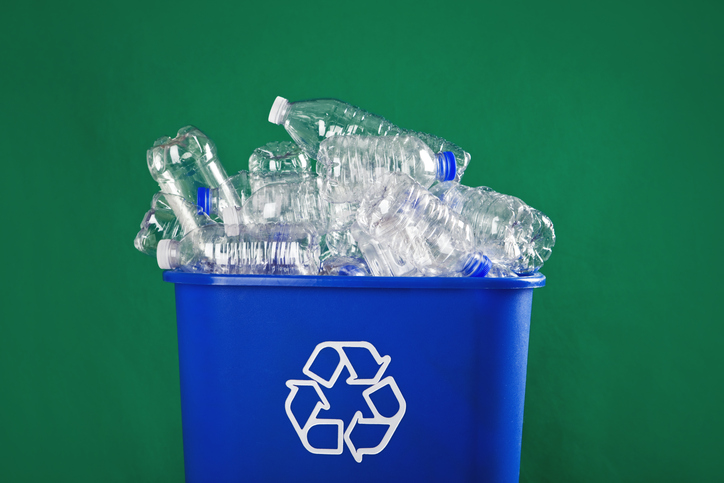What if Nigeria’s overflowing plastic waste could dress the world instead of choking its environment? Each year, the country generates an estimated 2.5 million tons of plastic—most of it discarded PET bottles that clog landfills and waterways. But hidden within this crisis is an unmined resource for fashion.
Across the globe, sportswear giants like Adidas and Patagonia are spinning used plastics into polyester fibers, reshaping them into sneakers, jerseys, and jackets that both cut emissions and capture eco-conscious consumers. Nigeria has the raw material in abundance, yet its recycling sector remains fragmented, weighed down by small-scale operations, policy inertia, and public skepticism.
The challenge isn’t lack of potential—it’s lack of structure. High humidity makes recycled polyester less appealing locally, but community-driven recycling hubs and culturally inspired circular fashion are beginning to chart a different path. Imagine Yoruba or Igbo-inspired fabrics woven from bottles that once littered Lagos streets.
Experts argue that with the right investments in decentralized recycling, incentives for textile entrepreneurs, and consumer education, Nigeria could shift from being a dumping ground to a trendsetter in sustainable fashion. Beyond cutting pollution, such a shift could open new markets, create thousands of jobs, and reposition the country as Africa’s hub for eco-textiles.
The question is no longer whether plastic can be reborn as fashion—but whether Nigeria is ready to turn its waste into wealth.

